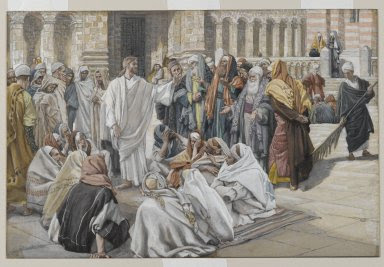Nietzsche on Christians and anarchists
“The anarchist and the Christian have the same ancestry” “There is a perfect likeness between Christian and anarchist: their object, their instinct, points only toward destruction.” “The Christian and the anarchist: both are décadents ; both are incapable of any act that is not disintegrating, poisonous, degenerating, blood-sucking; both have an instinct of mortal hatred of everything that stands up, and is great, and has durability, and promises life a future[...]” (Friedrich Wilhelm Nietzsche, H. L. Mencken. The Selected Writings of Friedrich Nietzsche . p. 618)
